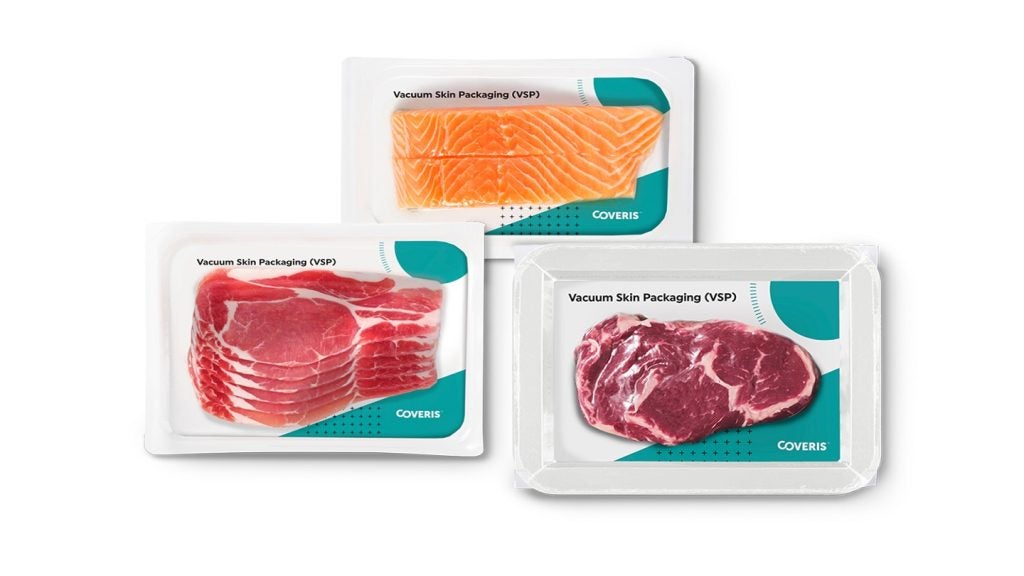
Tennent’s, the popular Scottish-brewed beer, will have updated alcohol consumption guidelines prominently displayed on its 24x440ml, 24x500ml, and 24x568ml can multipacks, arriving on shelves by the end of March.
The new consumption guidelines were revised by the UK Chief Medical Officer in February 2016, and advise that both men and women consume no more than 14 units per week, a reduction from the previous figure of 21 units per week for men.
Yet in an industry defined by lax packaging and labelling restrictions, this is as far as any regulation goes. When the new guidelines were announced, the UK CMO requested no action to be taken against manufacturers or retailers who continued to display the previous consumption guideline amounts, and unlike tobacco there is no strict law on the content and design of alcoholic beverage packaging.
As it stands, alcoholic beverages containing more than 1.2% alcohol per volume are exempt from listing ingredients and nutritional information on their packaging, according to EU Regulations adopted in 2014. With the United Kingdom still currently an EU member state, alcohol products sold in the UK are under no obligation to show these details, and in fact much of the information displayed on packaging is on a voluntary basis.
This raises the debate over the necessity of these guidelines being displayed on alcoholic beverages. Arguments in favour see it as vital for awareness and educational purposes. Consumers would have an easier time tracking their weekly calories and units as the health and wellness trend continues gathering pace in the UK.
See Also:
Tennent’s sales director, Alan Hay, stated that they are “committed to responsibility around our brands and believe it's important to communicate this information so our drinkers can make informed decisions about their alcohol consumption."
How well do you really know your competitors?
Access the most comprehensive Company Profiles on the market, powered by GlobalData. Save hours of research. Gain competitive edge.

Thank you!
Your download email will arrive shortly
Not ready to buy yet? Download a free sample
We are confident about the unique quality of our Company Profiles. However, we want you to make the most beneficial decision for your business, so we offer a free sample that you can download by submitting the below form
By GlobalDataHowever, the British Beer and Pub Association slammed the updated guidelines, in what they believed to be a misguided attempt at protecting consumers that effectively classified more drinkers as ‘at risk’.
The topic at hand is all part of the on-going debate concerning public health and government regulation, one that we’ve also witnessed with the ‘Sugar Tax’ on carbonated soft drinks and packaging restrictions for tobacco. From 2016 onwards, tobacco products are now required to be displayed in plain packaging with graphic health warnings. Health campaigners laud this regulation as a success but manufacturers critique the law to be deprivation of intellectual property without due compensation. There are also some concerns that government legislation on these products are a form of ‘sin tax’ that don’t adequately remedy the core issue, but unfairly target those who produce, are addicted to, or choose to indulge in sugary drinks, cigarettes, and potentially alcohol.








Related Company Profiles
The British Beer and Pub Association